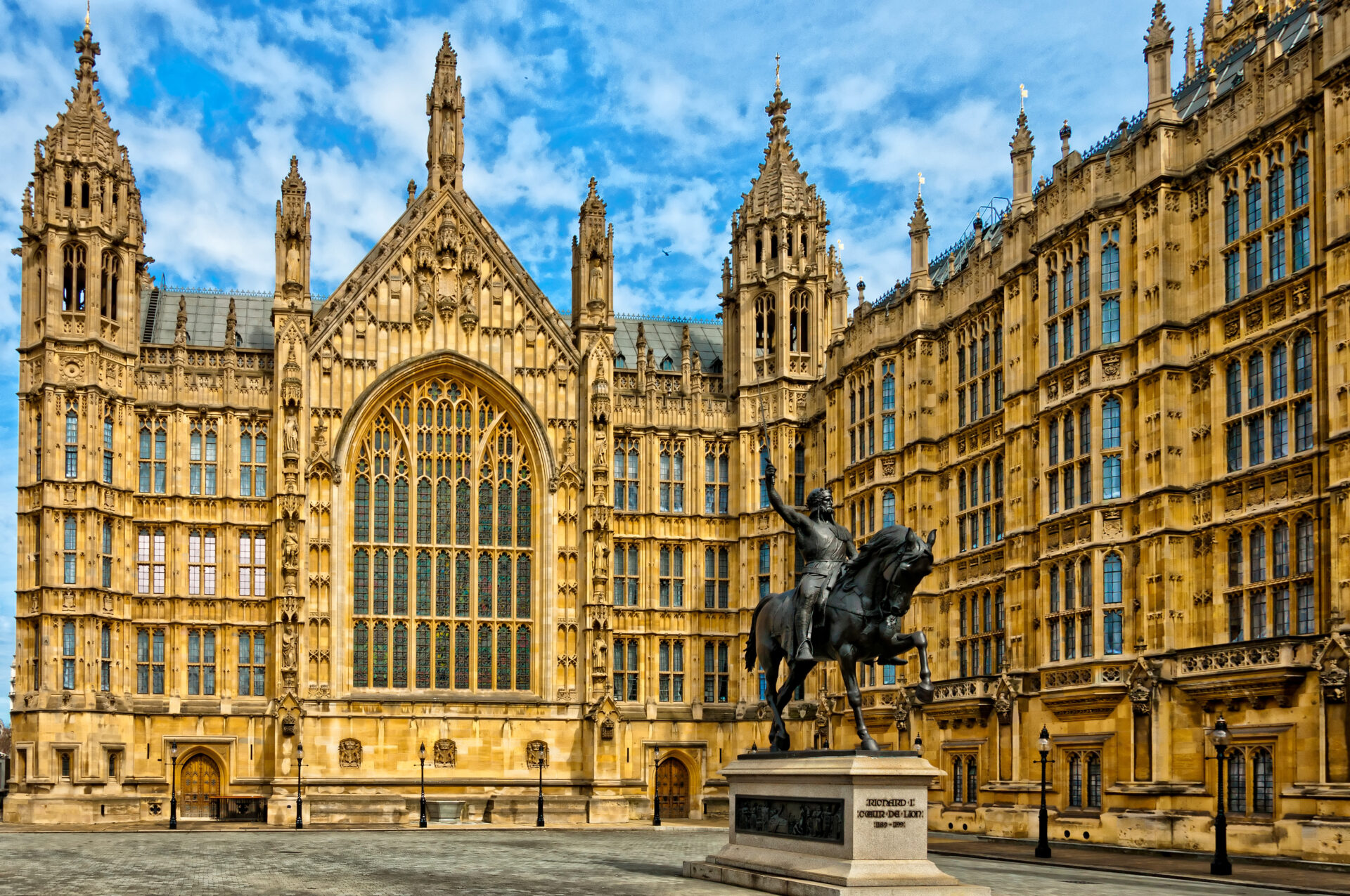In its first major piece of primary legislation on health and care in England since the Health and Social Care Act 2012, a new In its first major piece of primary legislation on health and care in England since the Health and Social Care Act 2012, a new health and care bill in the UK that would allow NHS bodies to award contracts for clinical care to private health care providers without competition has sparked fears that it could see a repeat of the contract scandals surrounding personal protective equipment and testing that occurred during the early stages of the COVID-19 pandemic.
The new Health and Care Bill is aimed at delivering more joined up care and builds on proposals in the NHS Long Term Plan to make health and care services less bureaucratic, more accountable, and more integrated in the wake of COVID-19.
What this means
- The Bill will now do away with 100 or so Clinical Commissioning Groups which decide how local NHS services are provided in England.
- They will be replaced by Integrated Care Systems (ICSs) on a statutory footing in 42 regions that will control 5-year budgets, some of which may be created jointly. The ISCs will draw upon private sector expertise to disperse the funds.
- NHS English and NHS Improvement will be merged, which will eliminate the automatic requirement to put all health contracts out to tender.
- NHS will still have to tender services where it can lead to better outcomes for patients.
The Department of Health and Social Care (DHSC) has pledged that there would be no Ministerial influence on decisions about when to run procurements or who to award the contracts to. The bill is due to have its second reading in parliament in August.
Critics have slammed the decision, saying without clauses to make the NHS the default provider, ICBs could award and extend contracts for healthcare services of unlimited value without advertising, including to private companies.
Others have warned that the new powers could result in a more politicized NHS, with successive governments feeling pressure to distort decisions about services, staff and treatment to meet short-term political goals, resulting in a loss of trust from the public.

